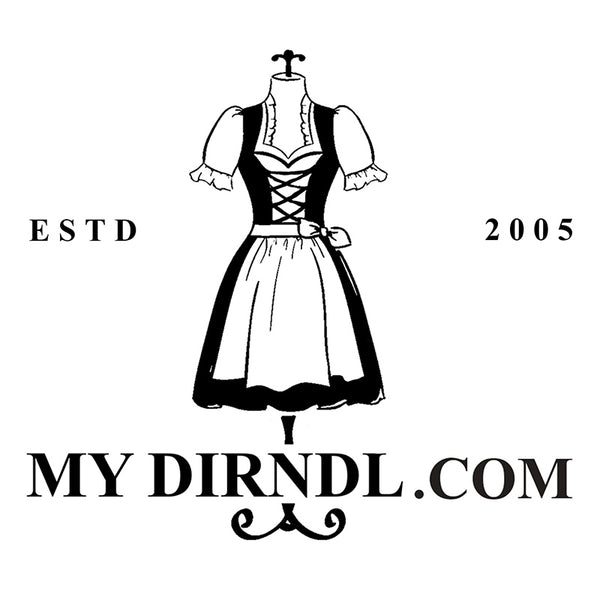
MyDirndl & Reuters
Share
Dirndls and brass: Oktoberfest mania spreads beyond beer festival
5 MIN READ
Munich (Reuters) - A decade ago, waitresses at Oktoberfest were the only ones in dirndls, the Bavarian peasant-inspired, corseted dresses featuring white blouses and colored aprons, and trendy Berliners wouldn’t dream of dancing to oompah music in public.Now, Munich’s annual beer festival is a sea of traditionally-clad tourists, with revelers from as far away as Canada, Mexico and Iran donning dirndls or the equivalent outfits for men - lederhosen and checked shirts.
“I wanted to be part of the local atmosphere. Everyone was talking about it,” said Lindsey Zhang, a 20-year-old from New York who is studying in Paris. She came to Oktoberfest with her friend Marina Teixeira from Sao Paulo. Both women bought dirndls near the Oktoberfest tents for about 50 euros.
“Everybody told me it would be nicer if I wore it,” Teixeira said. “Otherwise you’ll look like a tourist.”
Pippa Middleton, the sister of England’s Duchess of Cambridge, wore a dirndl this week at a festival in Austria. Guests donned dirndls to the July wedding party in Vienna of star stylist Caroline Sieber, with English actress Emma Watson gaining praise from German Vogue for her red number.
This is not the first time that “Trachten,” as the traditional clothes are called, have become trendy. But today’s revival is the most pronounced, said Simone Egger, a professor in folklore and ethnology at Munich’s Ludwig-Maximilians-University.
“It’s taken on a whole new dimension,” Egger told Reuters. She said globalization had created a desire for people to seek out local specialties.
“What’s old is cool now,” said Isabel Seidel, a 25-year-old student from Berlin at Oktoberfest.
From a horse race held as part of the 1810 wedding celebration of Bavarian King Ludwig I, Oktoberfest has grown into a 16-day event where millions descend on the Bavarian capital to down liters of beer, eat roast chicken, sausages and pretzels, and dance on benches to brass bands.
Copycat mini-Oktoberfests have sprung up in other German cities, European capitals like London and Dublin and across the United States from Seattle, Washington to Columbus, Ohio. Websites like mydirndl.com import clothes from Germany and Austria to help.
Bobbie Floerchinger, the site’s manager, says more and more Americans are donning traditional outfits for events put on by German-American clubs and German restaurants.
>>“It’s a community of people celebrating heritage, enjoying themselves and bringing culture and history into their lives,” said Floerchinger, an American with German roots.
The remainder of the story can be read at: https://reut.rs/2Mu8RqK

Die Dirndl Frau
